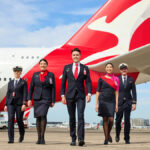
COVID-19: Auckland week-long shutdown
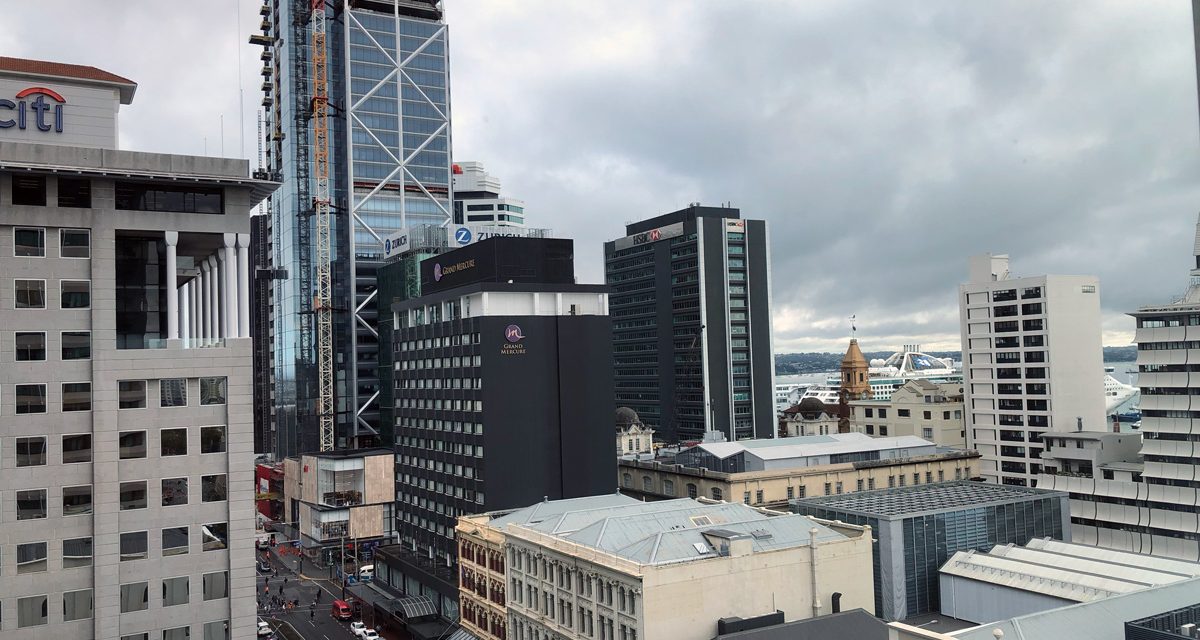
Auckland, New Zealand’s largest city will enter lockdown for 7 days from 6 am Sunday 28 February 2021. Prime minister Jacinta Ardern announced the measures on Saturday evening.
This means schools will be closed, people should work from home who can, and businesses can operate for purchases which involve click-and-collect.
These measures are in response to a 21 yo testing positive, who is a close contact of an existing case and who should have been in isolation. Instead, he left his house multiple times, moving through the community for a week and visiting a gym, a shopping mall, fast food outlet, and his university multiple times.
The rest of New Zealand will enter Level 2 restrictions that place limits on public gatherings etc.
The Risk
The 21-year-old could have been ‘at large’ while infectious for up to a week when he should have been in isolation. This means there could be 7 days of potential transmission to the general public.
The outbreak has already caused several Australian states including NSW, Queensland, Tasmania and Victoria to close their borders to New Zealand which effectively ends the ‘travel bubble’ with New Zealand – for the moment.
This is the first lockdown, since the 3 day one affecting Auckland held in mid-February.
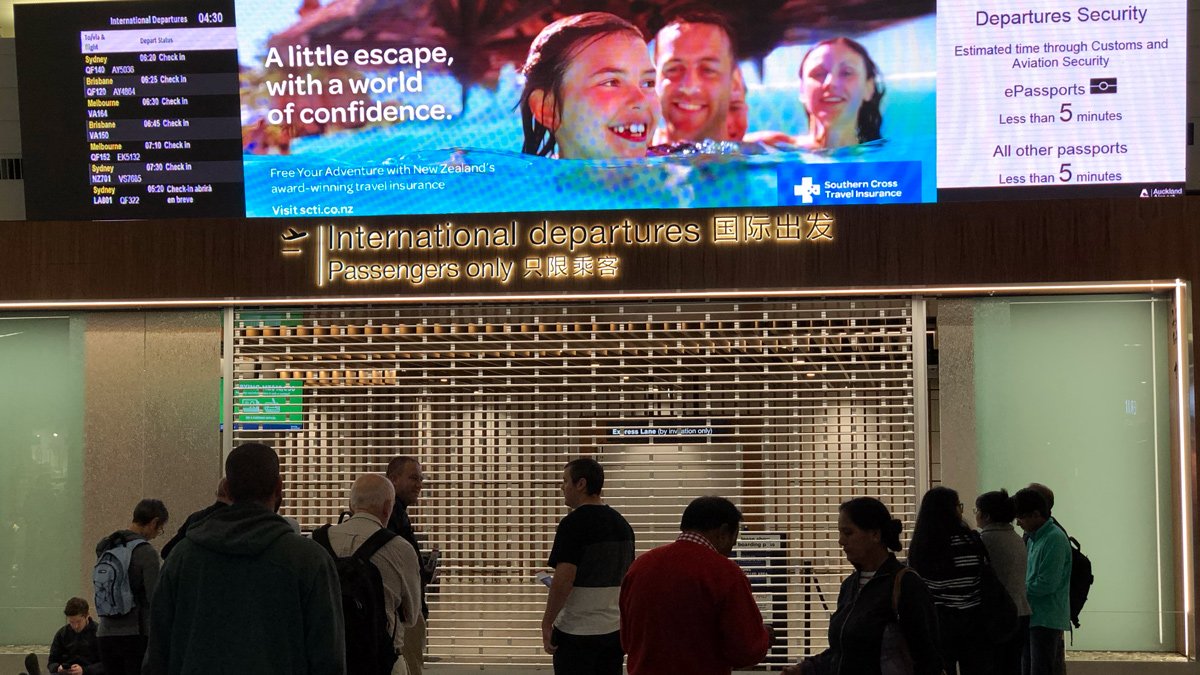
2PAXfly Takeout
This is another timely reminder to wear your seatbelt when seated. Holding you close to your seat will protect you from the sort of injuries sustained on this flight, when unsecured passengers flew to the ceiling of the aircraft, and then came crashing down once the ‘drop’ ceased.
The hope will be that this is an anomaly – a ‘freak accident’ in casual parlance. If it is a systemic error either mechanical or electronic, then this is a larger concern for the airlines that fly Boeing Dreamliner 787 aircraft. Let’s hope it isn’t. If it is, it will pile on the woes to Boeing’s existing stack.
Even New Zealand – so successful at almost eliminating the virus and with great community support for lockdowns, can suffer from diligence fatigue. This will increasingly be the threat to the spread of the virus, as Australians and New Zealanders lower their guard as the vaccine rolls out.
Remember everyone – we still have to keep up our COVID-safe practices until the vaccine is fully rolled-out, and that won’t be until at least October this year.
Keep your distance, wear your mask as much as you can even in situations where donning protection is just recommended, but not mandated, sanitise those hands, and encourage your friends and family to do the same.
Co-operating with these measures has been a huge contributor to our ability to beat the virus, unlike Europe and the Americas.
Keep it up.

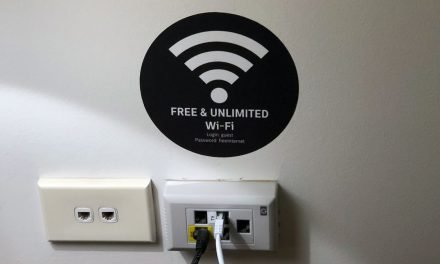
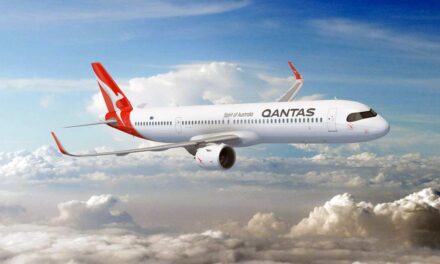

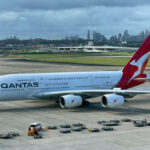

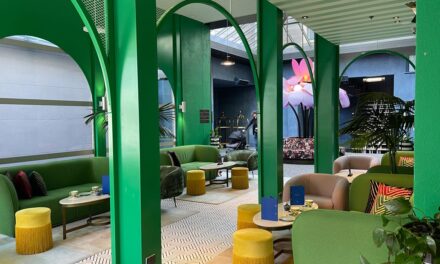
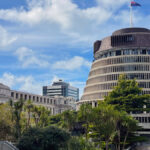

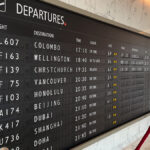
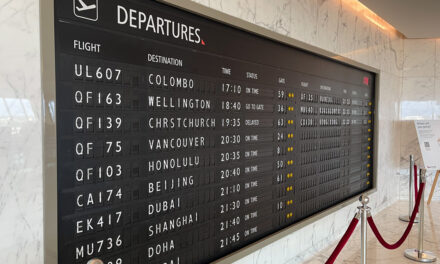


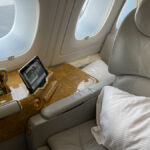
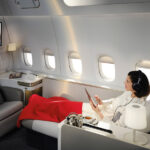
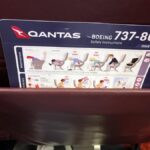
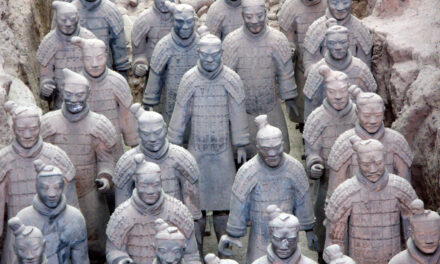
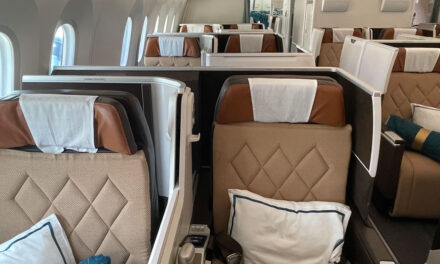
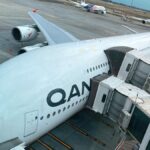

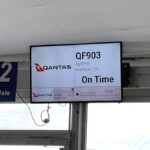
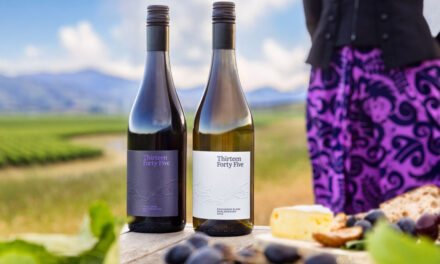
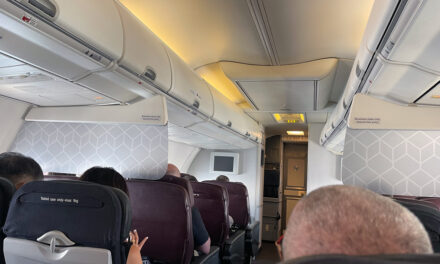
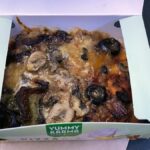

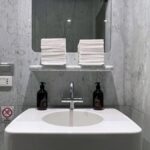
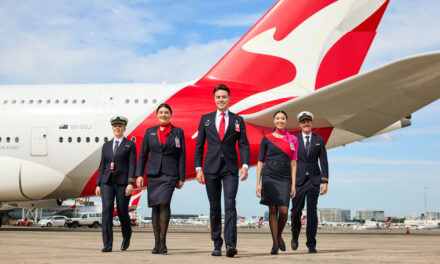
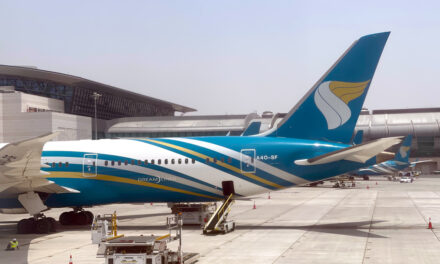

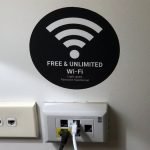
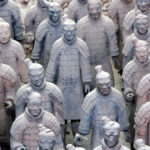
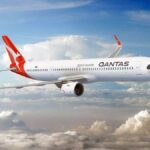

What did you say?